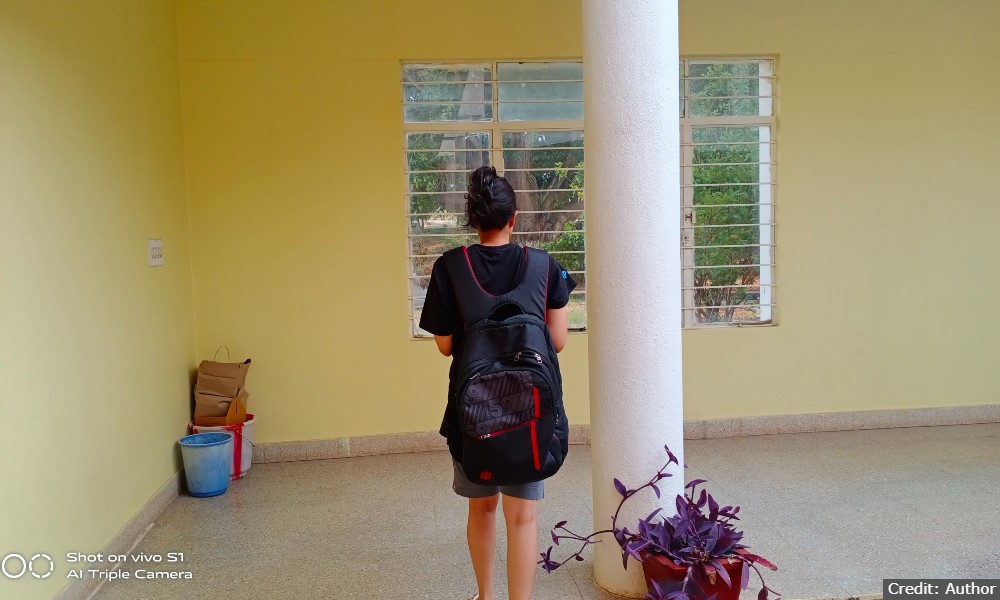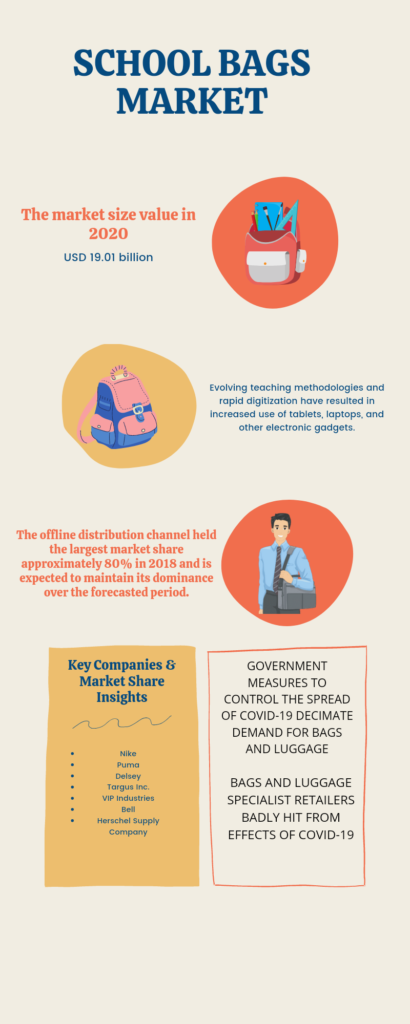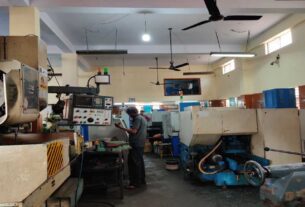Work from Home has brought losses for backpack sellers as children and IT professionals don’t need to carry bags anymore.
Bengaluru: Promotion to a new class used to mean new school bags, new uniforms, new books and their cover stickers, writing names on them, but that is no longer the case. As children take online lessons and Information Technology (IT) professionals work from home, sales of school bags and IT professional bags have decreased. According to sellers, their sales have gone down by 70 to 80 percent since last year.
M.D. Shafi manager of FOARA.Inc, a bag manufacturer company in Bengaluru said , “My business has experienced a complete failure. There is no consumer attraction; no new customers are coming in. There has been no turnover so far. Owing to the pandemic, it has become difficult to survive in the industry.”
He added, “When children were promoted to a new class, they used to be excited to buy new bags, but now that everything has shifted to online, my company has closed down. It was shut during the lockdown period last year, and we’ll have to shut it down again this year. Until last year, school bags were the most popular in the market as compared to other types of bags.”
According to a report by Euromonitor International, in 2019, growth in the tourism industry in the country boosted the growth of bags and luggage. However, since the start of the COVID-19 pandemic, this segment of the industry has seen a significant decline as travel restrictions were imposed, stores were closed, and consumers had started to cut back on discretionary spending.
Abdul Wajid Kola, manager of Kola Brothers, a bag manufacturing company in Bengaluru said, “Our company has done only 20 percent business since last year. We hardly have any customers. We had to pay our labourers full wages during the pandemic.There was no other option for us. They do not understand even if there is a 15 to 20 days delay.”
As per the Euromonitor International report, after the implementation of the Goods and Service Tax (GST) in 2017, the per-unit price difference between goods sold by organised and unorganised channels has narrowed. This has resulted in the unorganised channel losing a competitive selling advantage over the organised channel . Thus, consumers prefer to shop through organised players because they receive a better shopping experience, product warranty, and so on.
“I do not sell my products online so anyway my business is at a big loss,” Abdul added.
The increased usage of laptops and other electronic devices is due to changing teaching methodologies and rapid digitalisation. These accessories will increase the bag’s weight, which is expected to boost demand for lighter bags and better manufacturing technologies.
The Ministry of Education’s new school bag regulation, which went into effect in 2020, specified that students’ school bags should weigh 10 percent of their body weight. Unorganised bag retailers have had issues with everything from reducing the weight of school bags to not using them, and the same goes for IT professional’s backpacks.
“The idea was to reduce the weight of the bags, but the online platform has removed it completely,” said Mr Janaki Ram, retired professor and Head of Department, Master of Business Administration in MS Ramaiah Institute of Technology. “Proper timetables like used in higher studies can easily reduce the weight of the bag.” This pandemic has affected various industries, “backpack sellers, book publishing, notebook sellers, uniform sellers, all of them were affected too”. It has not only affected the backpack industry but all those other industries too.
According to a report by Grand View Research, the global school bag market is expected to grow at a 5.6 percent annual pace from 2019 to 2025, reaching USD 24.60 billion. In 2019, Asia Pacific dominated the school bag market with a 54.6 percent share. This is due to an increase in the number of school-going children in countries like India, Japan, and China.





